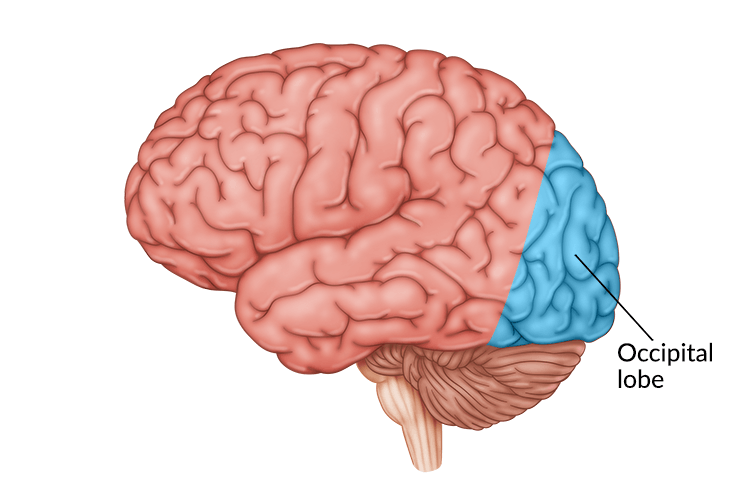A recent study published in Nature Communications has shed light on the direct influence of serotonin on the development of the prefrontal cortex, a crucial brain region associated with cognition and mental health. Led by researchers at the University of Colorado Anschutz Medical Campus, the study focused on the impact of fluoxetine, a commonly used antidepressant during pregnancy, on the fetal brain.
Fluoxetine, found in medications like Prozac and Sarafem, functions by increasing serotonin levels in the brain. The researchers aimed to investigate how serotonin affects the development of the prefrontal cortex in a developing fetus. While previous studies have suggested a role for serotonin in brain development, the specific mechanisms underlying this influence in the prefrontal cortex have remained unclear.
Lead author Dr. Won Chan Oh, along with neuroscience Ph.D. candidate Roberto Ogelman, discovered that serotonin directly influences synaptic connections within the prefrontal cortex, particularly during early development. Disruption or dysregulation of these connections due to serotonin imbalance can contribute to various mental health disorders later in life.
The study in mice revealed that serotonin not only plays a pivotal role in overall brain function but also influences the adaptation and change of individual connections between neurons. This finding underscores the importance of serotonin in learning and neuroplasticity in the brain.
Dr. Oh highlighted the significance of understanding the link between serotonin and prefrontal cortex development, suggesting that this knowledge could lead to early intervention strategies and the development of new treatments for neurodevelopmental disorders involving serotonin imbalance.
The researchers emphasized the need for healthcare professionals to engage in informed discussions with pregnant women about the benefits and risks of antidepressant use during pregnancy, as well as exploring non-pharmacological alternatives for addressing postpartum depression.
Future studies will focus on investigating the impact of fluoxetine on the developing teenage brain, further expanding our understanding of how antidepressant exposure during critical periods of brain development can influence mental health outcomes.
*Note:
1. Source: Coherent Market Insights, Public sources, Desk research
2. We have leveraged AI tools to mine information and compile it



